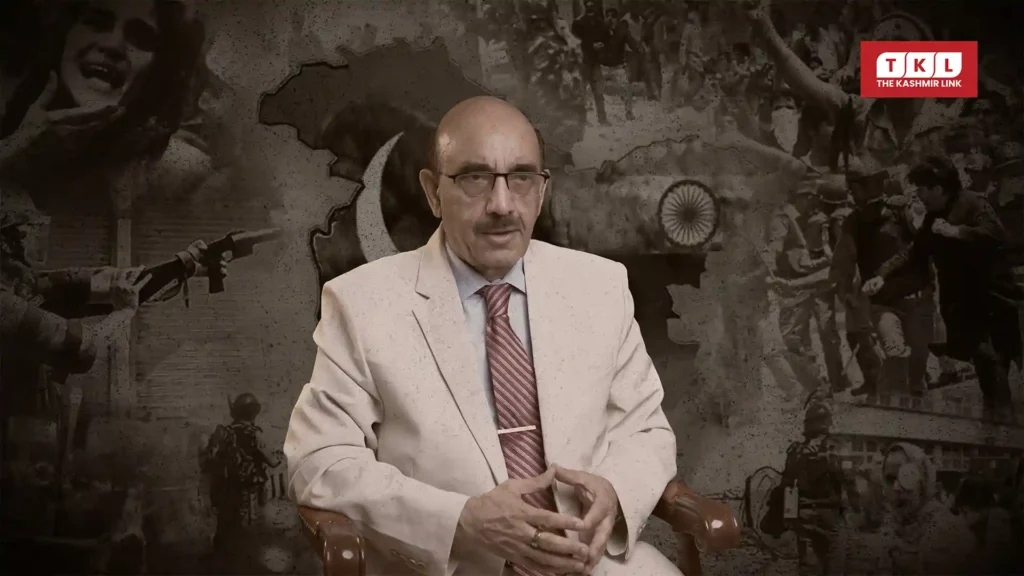The Kashmir Link recently conducted an exclusive and in-depth interview with Masood Khan, former President of Azad Jammu and Kashmir and Pakistan’s former Ambassador to China and the United States. In this timely conversation, Ambassador Khan shared critical insights on the escalating tensions between India and Pakistan, the looming threat of nuclear conflict, and the potential fallout such a war could have — not just for South Asia, but for the entire world. The full interview is now available on our YouTube channel.
Q: Tension between India and Pakistan are rising over Kashmir. Could this escalate into nuclear war?
A: The danger is real. Both nations have nuclear weapons. India’s aggressive actions threaten regional stability. Once war starts between nuclear states, no one can predict the outcome.
India’s False Flag Operations and War Threats
Q: India blames Pakistan for attacks like Pahalgam. Are these accusations credible?
A: Not at all. India has a history of false flag operations. Instead of investigating security failures, they blame Pakistan. This is political manipulation, not truth.
Q: How is Pakistan responding to these threats?A: With restraint but firmness. We’ve warned India: any attack will meet a strong response. This is our right under international law. Our military is fully prepared
Global Reactions to the Crisis
Q: Is the international community taking action?
A: Yes, but India ignores warnings. The U.S., China, and Gulf States urge de-escalation. Yet India continues dangerous rhetoric. Economic pressure may be needed to stop them.
Q: What role can the UN play?A: As a Security Council member, Pakistan is raising this issue globally. India blocks discussions, but truth cannot be hidden forever. The world must act now.
Kashmir: The Nuclear Flashpoint
Q: How does Kashmir factor into nuclear risks?
A: Kashmir is the core conflict. India’s brutal occupation fuels tensions. By oppressing Kashmiris, they create explosive conditions. This could trigger a wider war.
Q: Could water disputes worsen the situation?
A: Absolutely. India violates the Indus Waters Treaty. While they cannot stop river flows, their provocations increase hostility. Water wars often lead to real wars.
Nuclear War: A Global Catastrophe
Q: What would nuclear war look like?
A: Unimaginable destruction. South Asia would be devastated. Radiation would spread worldwide. Millions would die. The economic and environmental damage would last generations.
Q: Can diplomacy still prevent disaster?
A: Yes, but time is short. The world must pressure India to stop provocations. Sanctions and mediation are needed before it’s too late.
Media Wars and Public Sentiment
Q: How does Indian media affect tensions?
A: Their media spreads hate and lies. Ours focuses on facts. This propaganda fuels public anger, making peace harder to achieve.
Q: What’s your final message to the world?A: Wake up now. Nuclear war cannot be won. The world must intervene before India’s actions destroy us all. Pakistan wants peace but will defend itself fully.
